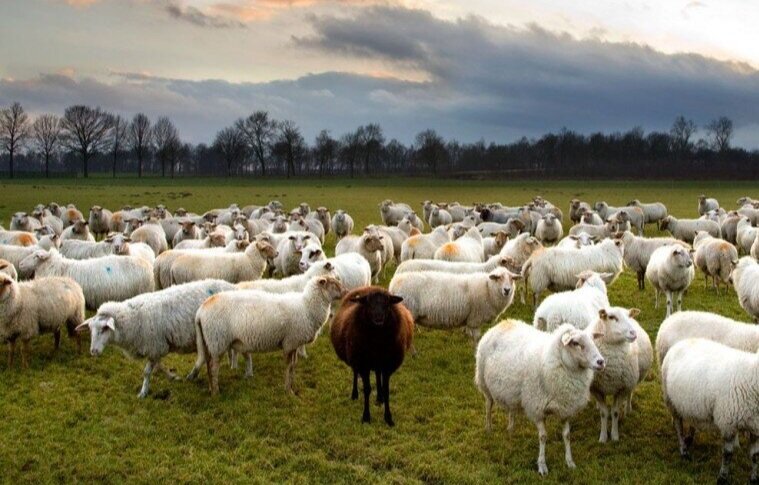
Are you the black sheep of your family?
What does being the black sheep mean?
In the English language, black sheep is an idiom used to describe an odd or disreputable member of a group, especially within a family.
What does it mean to be the black sheep of the family?
Many people who self-identify as the black sheep of their family, feel misunderstood and ostracized. They report many negative comments and judgments from their family members. Many black sheep end up being self-healers, empathetic, and compassionate to others given they know what it feels like to not be heard and understood.
Research Project
About:
This project is to study the characteristics of adults who self-identify as black sheep or marginalized members of their families.
The information gained from this study will be used to write a book about how the black sheep or marginalized members of their families are created and maintained. The research will also examine how these adults have adapted and embraced their uniqueness.
Primary Researcher:
Kathi Hennessey LICSW is a licensed independent clinical social worker. She has a background in research and has been providing psychotherapy for 12 years. She has a private practice in Massachusetts.
She is licensed to practice in
MA, RI, and FL.
Project Phases:
This study has 3 phases. Each phase will be conducted online through questionnaires and video conferencing interviews.
Phase I:
Participants will answer a few questions about being the black sheep or marginalized member of their family and how that has helped or hindered them in their lives. These are open-ended questions that the participant can provide as much or as little detail as they are comfortable providing.
Phase 2:
Participants will complete a questionnaire about their background. Topics include Cultural/Ethnic history, Childhood (including trauma history), Gender, Educational and Vocational History, Relationships, Finances, Spirituality, and Mental and Physical Health of self and family members.
Phase 3:
Participants will be interviewed to discuss some of the answers to the questionnaire as well as to obtain more information regarding their feelings about being the black sheep or marginalized family member and how that has helped or hindered them across their lifespan.





